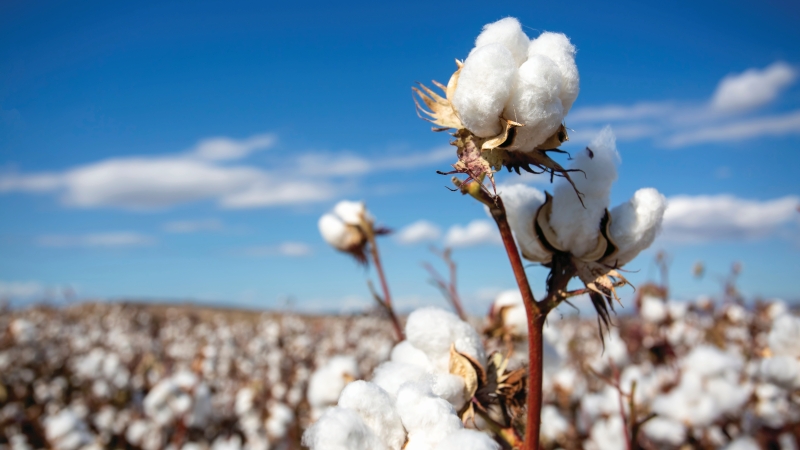India-U.S. Collaboration Can Aid Oil Spill Clean-up
An oil spill from a refinery in North Chennai, India, has turned cyclonic floods into a toxic mixture.
The Michaung tropical cyclone in the Bay of Bengal has battered the northern coast of Tamil Nadu and southern Andhra Pradesh, bringing life to a standstill since the weekend. As Chennai, the capital city of Tamil Nadu, is inundated with floods due to 15-16 inches of rain in some areas, a crude oil spill has been reported due to a leak in an oil refinery in North Chennai. Areas like Ennore are witnessing thick oil-contaminated polluted waters, creating panic and distress among the population who have been already suffering due to floods and lack of basic amenities.
Media reports and videos show hip deep water with oil in some densely populated North Chennai areas.
Crude oil spills are happening frequently around the world due to pipeline breaks, transportation accidents in pipelines through paddy fields, and high seas. The Chennai spill is a wake-up call for those involved in crude oil and disaster preparedness sectors. Long term planning by oil refineries, transportation groups, and national and local governments should involve development of technologies and stockpiling of contaminant and absorbent products.
Environmentally friendly technology developed at the Nonwovens and Advanced Materials Laboratory at Texas Tech University has shown in laboratory studies that one gram of a cotton-based absorbent can absorb 30 to 50 grams of oil. News of the results with crude oil attracted global attention.
A collaboration between Texas Tech University and Jayalakshmi Textiles in Aruppukkottai, India, has resulted in the translation of the oil absorbent technology from laboratory to market space. The product has been successful in field trials in Oil and Natural Gas Corporation’s sites in the Godavari and Cauvery delta regions.
This collaboration fits with the mission of Government of India’s “Make in India,” initiatives. The Texas Tech-Jayalakshmi Textiles collaborative technology aligns with Prime Minister Narendra Modi’s emphasis on “Thinking Global and Making Local.”
The recent oil spill in Chennai amidst heavy floods warrants public sector oil refineries to engage with industry and research laboratories to develop sustainable oil and toxic chemical sorbents.
The technology developed at Texas Tech University is field ready, and support for scaling up by Jayalakshmi Textiles will result in the mass availability of a proven oil absorbent product. When scaled up, the cotton-based oil absorbent technology will be cost effective. Such products have a long shelf life and can serve as a countermeasure to oil pollution.










